Moonpreneur

Update: This article was last updated on 15th January 2026 to reflect the accuracy and up-to-date information on the page.
Exposing children to this discipline and its use, as technology is advancing, is becoming ever so more important. Yet, making a kid understand data analysis and statistics might be really difficult to teach.
Therefore, explaining such concepts to kids in a more accessible way is more essential than ever. Moreover, the World Economic Forum predicts that data science professionals will be needed in increasing numbers globally at 11.5 million by 2026.
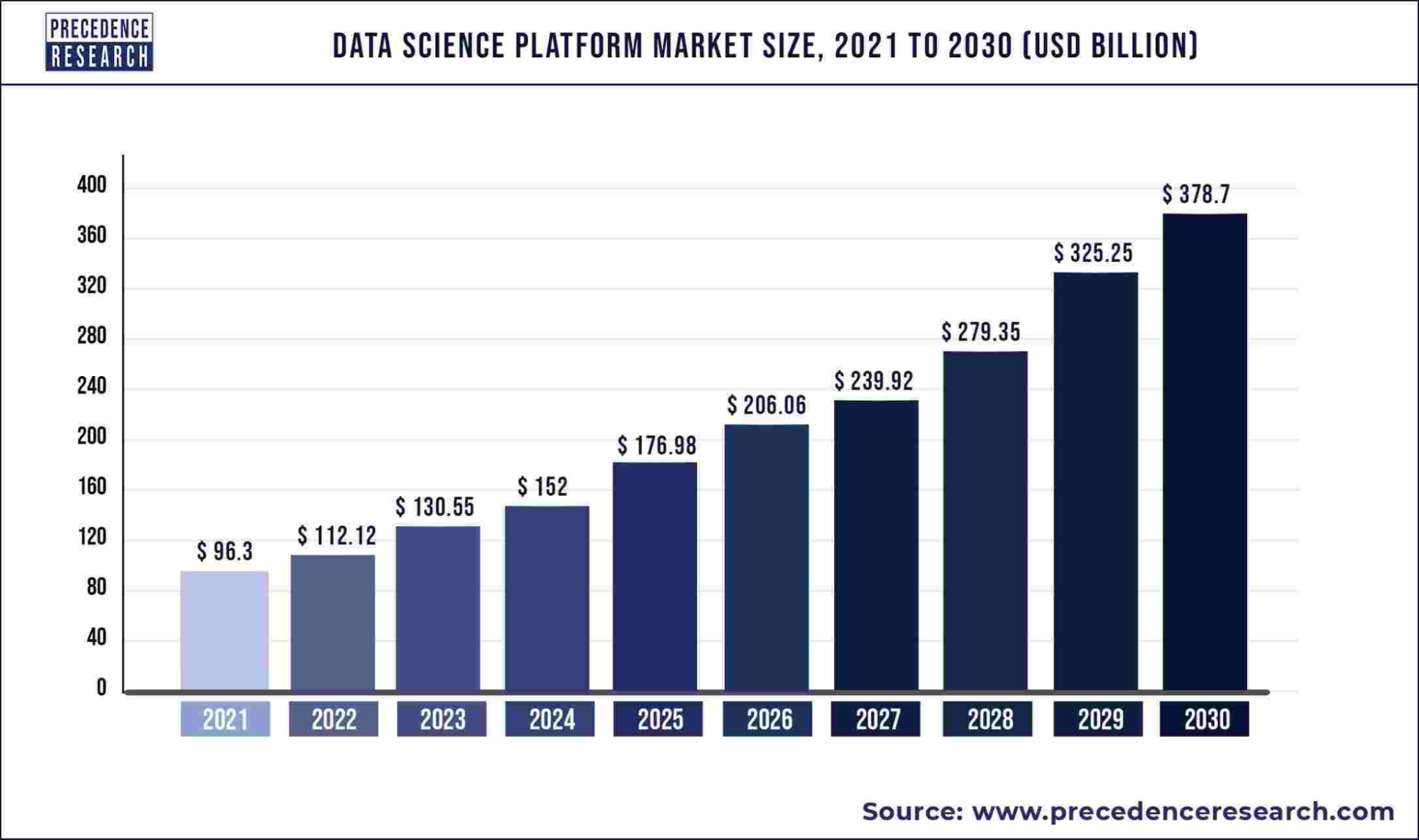
This calls for training kids in this emerging discipline.
It further calls for an analysis of information that has a lot to do with finding patterns. Therefore, kids need to be taught how to analyze data.
Let’s learn what data science actually is.
Data science for children is a multidisciplinary field that employs scientific methods, processes, algorithms, and systems to extract valuable insights and knowledge from structured and unstructured data. It uses different techniques, including statistical analysis, machine learning, and data visualization, to find patterns, trends, and correlations.
Data science for kids provides informed decision-making, solving of complex problems, and innovative driving across all industries. The process usually involves the collection, cleaning, analysis, and interpretation of data for the sole purpose of generating actionable information that supports an informed decision and drives business success.
Recommended reading: 5 Fun and Interactive Data Science Projects for Kids
What are The Requirements to Learn Data Science for Kids?
This increasing demand for data science and interest in tech skills among children calls for proficiency in programming, statistics, and communication. A budding data scientist should develop skills in coding, data analysis, and effective communication of insights. Versatility is valued; it is more about having a well-rounded set of skills rather than specializing in one area. Success in data science requires a dynamic combination of coding abilities, statistical knowledge, and clear communication, which is essential for navigating the multifaceted landscape of the industry. According to Edx.org, the top 9 programming languages for data scientists are:
- Python
- R
- SQL
- Scala
- Julia
- JavaScript
- Java
- C/C++
- MATLAB
For instance, a data scientist could use Python to create a function that removes duplicates from a dataset so that one can see the relevant data more clearly. Or they could use JavaScript to build a dashboard that enables one to explore the data in a more interactive way.
Here is one of the most common Python code snippets in data science to read data from a CSV:
import pandas as pd
data = pd.read_csv(‘data.csv’)
print(data.head())
With Python being such a popular programming language, it is not surprising to see that there are so many courses about learning Python. However, most courses are designed for adult learners. Moonpreneur is special because it has some of the best Python classes for kids, who can get the benefit of small class sizes and live instructors.
Walking Kids Through the World of Data Science
Here are a few tips you can implement to make a data science course for kids more engaging and help them understand the concepts easily:
1. Find patterns:
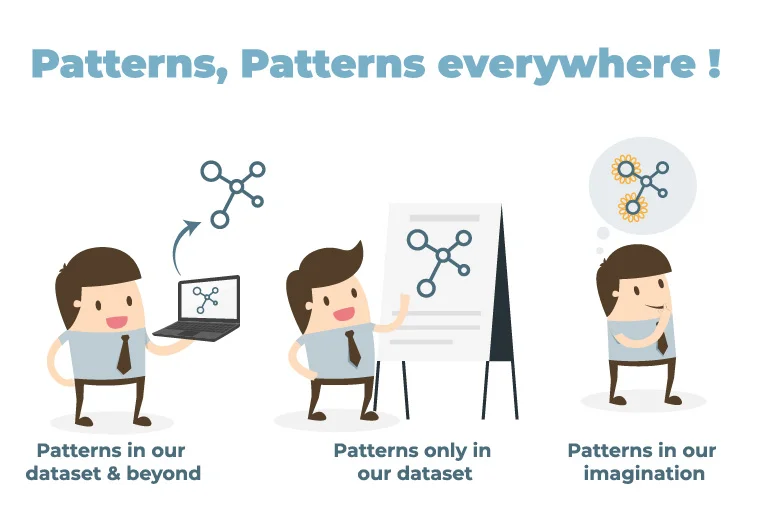
In data science, patterns are everywhere, and their analysis is critical for decision-making. As a parent, you can encourage your child to develop a critical and analytical mindset by asking them to identify patterns in their daily experiences. Introducing data analysis for kids can help your child develop essential skills that will be valuable for their future.
2. Create visualizations:
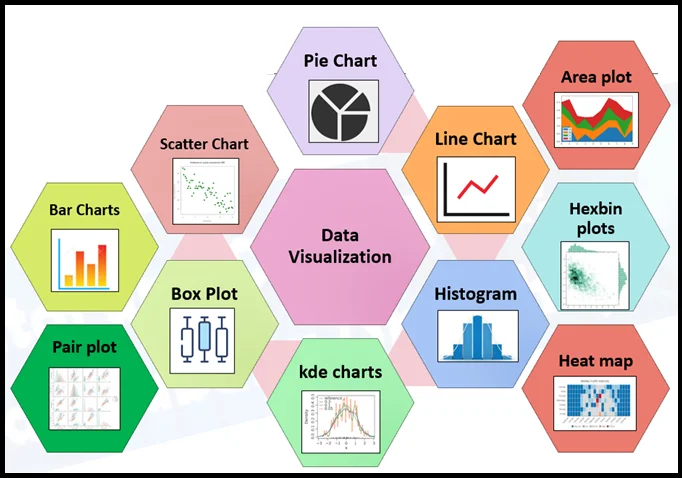
This is a very important part of data analysis for kids, where they can visualize patterns so that they can understand the complex data. You can help your kids develop this skill by encouraging them to create visual representations of ways they have identified. This activity can enable your kids to appreciate the significance of visualization in data analysis and its role in making predictions.
In addition, ask them to describe how being visual of patterns can create understanding and guide decisions to make choices.
3. Use patterns to forecast:
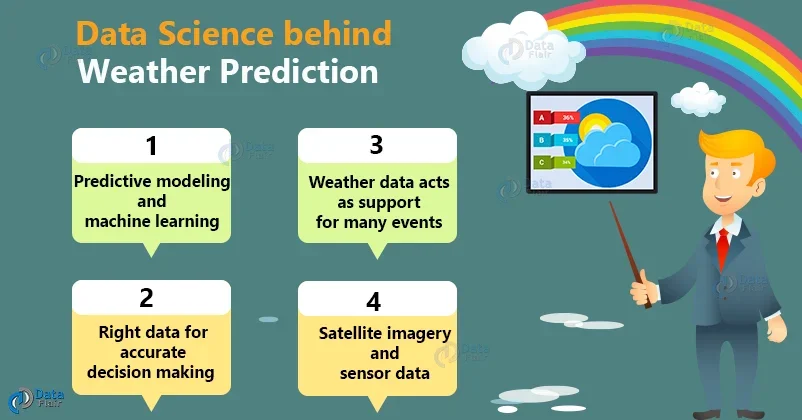
In short, identifying a pattern is not enough; in this case, just as they identified the patterns and they are now told what to look for next.
Introduce data analytics for kids by asking them to consider how the pattern can predict future events and outcomes. This will help your child develop a critical and analytical mindset that can be useful in other areas of life.
4. Create fun surveys:
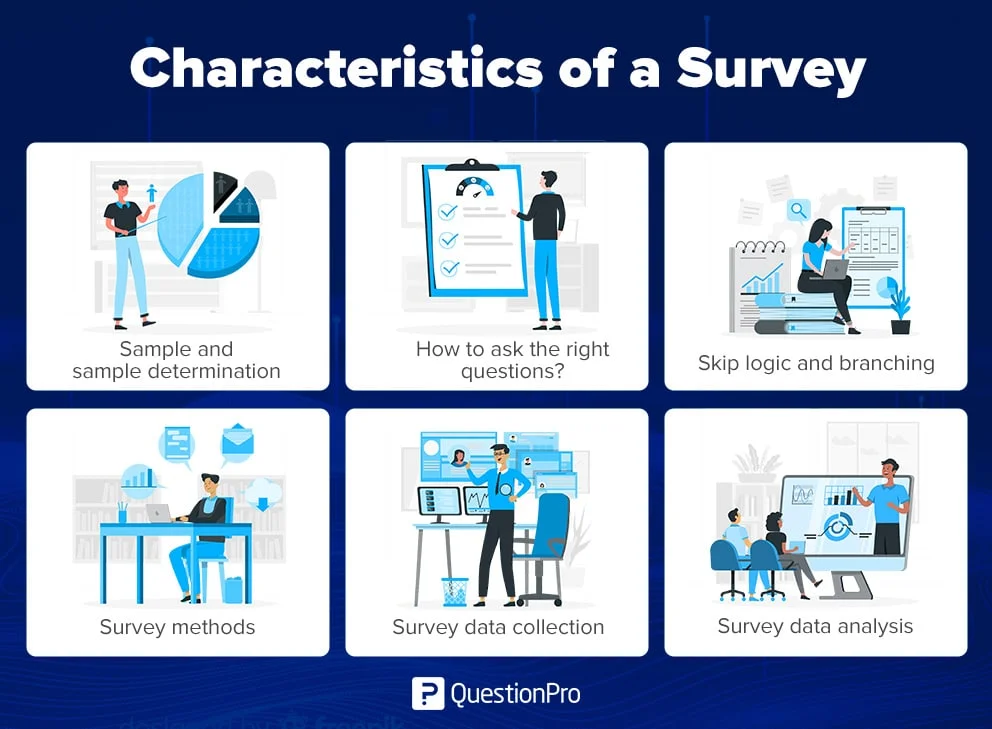
To really perfect data science skills, a child needs to practice all the steps of the process, from data collection to visualization, and prediction. One way to do that is by having your child conduct a simple survey and analyze the results.
This activity will enhance their ability to identify patterns in the data, visualize the trends, and make predictions based on the findings.
5. Dabble in code:
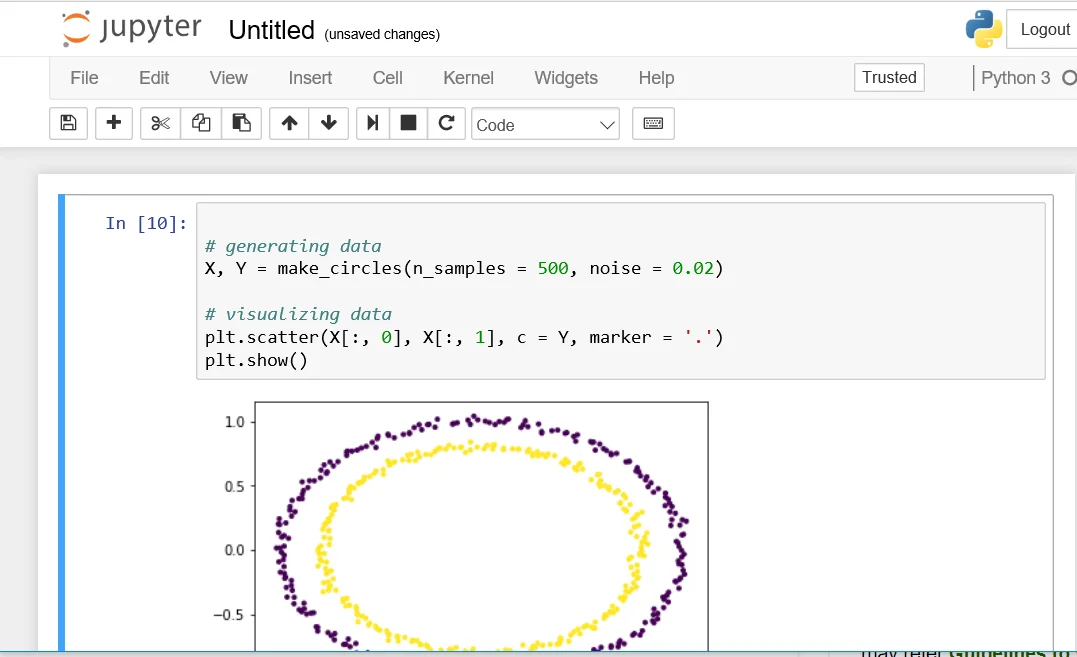
Introducing coding your child through game-based coding applications. There are many applications that offer interesting and non-threatening coding games to get your child started with coding.
Encourage your child to play these games learn basic ideas about coding and build problem-solving abilities.
6. Extract data:
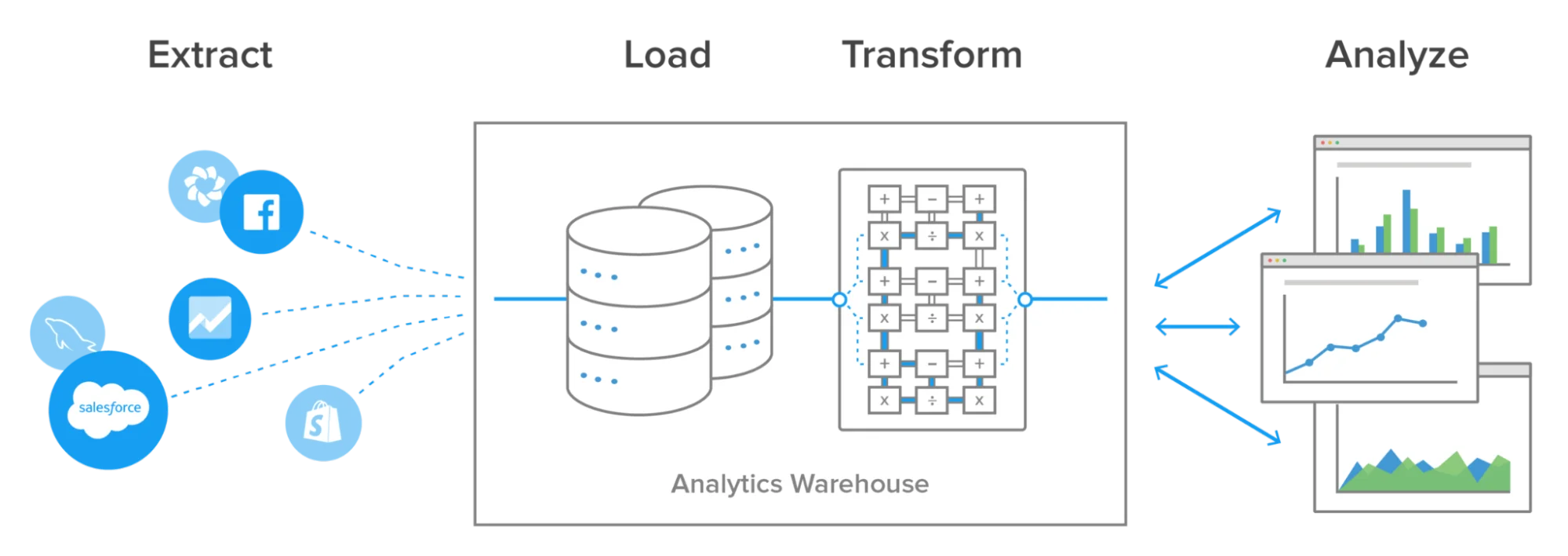
Mastering SQL queries to pull data from databases is a fundamental skill. W3 schools have great tutorials that are easy to understand and use, making it an excellent place for beginners to start. Encourage your child to review these tutorials and practice writing simple SQL queries to pull data from databases.
7. Create fun graphs:
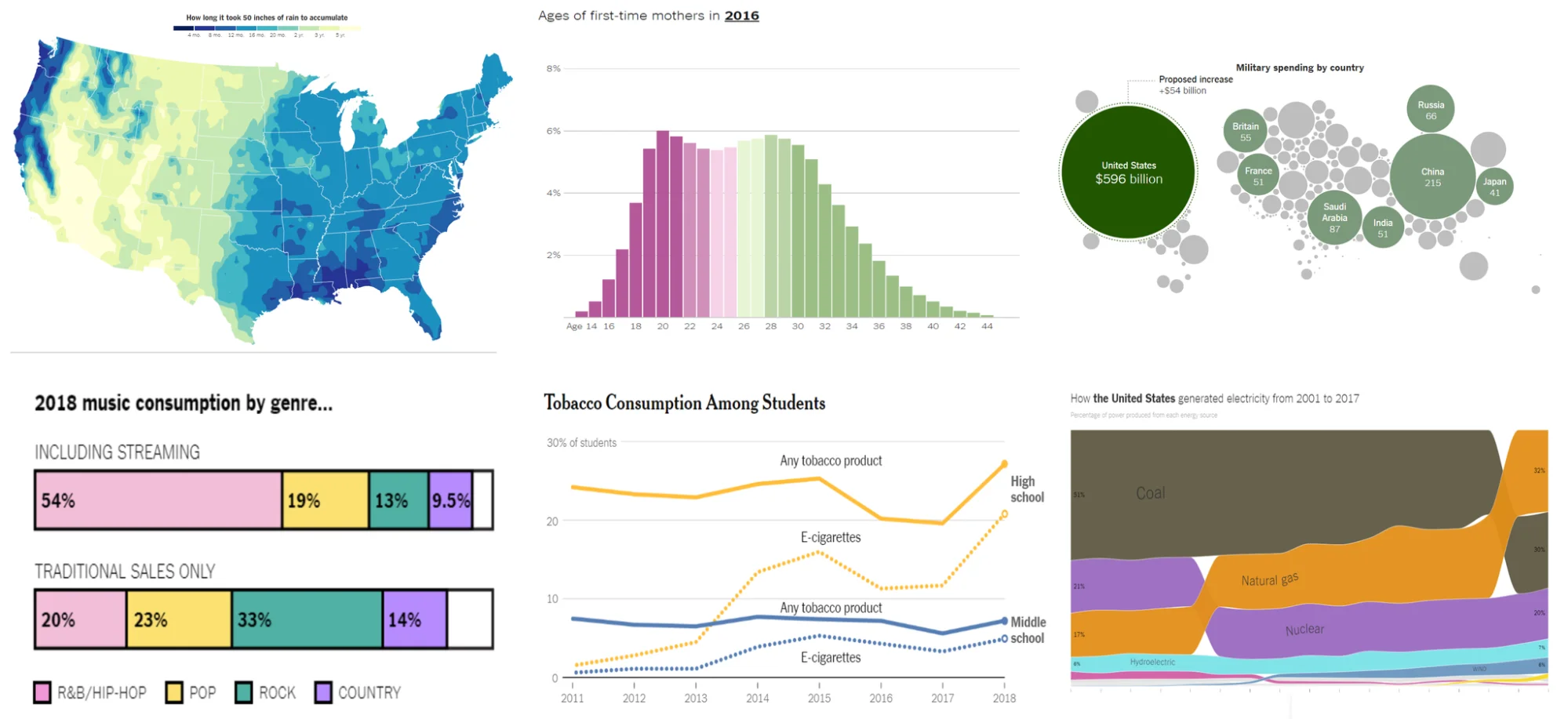
Another fulfilling aspect of data science is the use of data from databases to create interesting visualizations. There are many free options for data visualization software that you can try.
Moreover, your kids can experiment with various tools and techniques to create exciting graphs & charts that represent the information they have collected.
Benefits of Teaching Data Science to Kids
Teaching kids data science cultivates curiosity, analytical thinking, and essential skills as follows for a data-driven future, fostering technological literacy and preparing them for potential careers in our evolving society.
1. Critical Thinking and Problem-Solving:
Data science education fosters critical thinking skills, teaching kids to approach problems systematically and develop effective solutions.
2. Analytical and Mathematical Proficiency:
Data science allows kids to be comfortable with numbers, statistics, and analytical reasoning, thus creating a foundation for mathematical proficiency.
3. Technological Literacy and Coding Skills:
Kids learn how to navigate technology, understand algorithms, and even acquire basic coding skills, enhancing their overall technological literacy.
4. Practical Application in Daily Life:
It enables children to use analytical skills in everyday life, from analyzing personal habits trends to making better decisions with data.
5. Preparation for Future Careers:
Exposure to data science early on gets kids ready for future careers in technology and data-driven fields, providing a competitive edge in an ever-changing job market.
Data Science learning platform for kids
There are a few beginner-friendly platforms that make learning data science fun for kids. Here are some recommended options:
1. Scratch:
Scratch is a visual programming language developed for beginners. Kids can create interactive stories, games, and animations while learning basic programming concepts.
It is free to use. It’s an open-source platform developed by MIT, and users can access the programming environment and share their projects without any cost.
2. Code.org:
Code.org offers a variety of coding courses suitable for beginners, introducing fundamental concepts and computational thinking interactively and engagingly.
The platform provides a significant amount of free content, including introductory coding courses. However, they may offer premium features or additional resources that come with a cost.
3. Tynker:
Tynker offers a data science course for kids, offering a beginner-friendly introduction to programming and computational skills through interactive projects and games.
Tynker contains both free and premium content. Some of the features in their advanced classes have a charge, though most free courses are available, at least as introductions to classes.
4. Bitsbox:
Bitsbox is a programming service designed for kids who teaches through making games in a simple interface called a ‘JavaScript editor.’.
Bitsbox has both free and paid choices. It offers a free account with limited coding activities and a subscription-based model gives access to more features and projects.
5. Kodable:
Kodable is the platform with which tech skills for kids can be developed is called Kodable. It’s for younger children and provides them with the basic ideas of programming by fun games and activities. It’s a great introduction to coding for kids in the early stages of learning.
Both free and premium plans are available for Kodable too. The free version gives basic coding lessons. But a subscription unlocks much additional content and features.
These platforms combine educational content with interactive elements, thereby turning the learning process into activity-based and enjoyable affairs for beginner kids who might want to explore the world of data science and coding.
By activity-based learning, you can teach your child how to learn and memorize these concepts properly with fun. It is a perfect way through which one can build data science skills while nurturing an enthusiasm for learning.
Data science is an emergent field, with its employment projected to grow about 36% from 2021 to 2031, much higher than the average growth rate of all occupations. The use of data science is directly applied to data analysis and is practiced by professionals within large businesses or government organizations.
Recommended reading: Explaining Big Data to Kids – A Practical Guide
Conclusion
If you’re wondering what data science is for kids, now is the time to introduce your child to data science for kids, now is the perfect time to start. Teens are at an ideal age to begin learning data science, as it can help them get comfortable working with data and develop analytical thinking skills.
Besides, your child can improve in problem-solving, analysis, logic, and creativity, while learning the latest best practices in data science. So, do not delay; enroll your child into data science courses today, and let him/her get started on the journey!
Moonpreneur is committed to disrupting traditional education and future-proofing the next generation with holistic learning solutions. Its Innovator Program is building tomorrow’s workforce by training students in AI/ML, Robotics, Coding, IoT, and Apps, enabling entrepreneurship through experiential learning.


























Can a 13 year old learn data science?
There’s no time limit for learning these skills. Whether you’re 13 or 31, you can learn as long as you have interest in coding.
What is the best university for data science?
Massachusetts Institute of Technology (MIT) Cambridge is mostly preferred by students thinking of pursuing a career in Data Science.